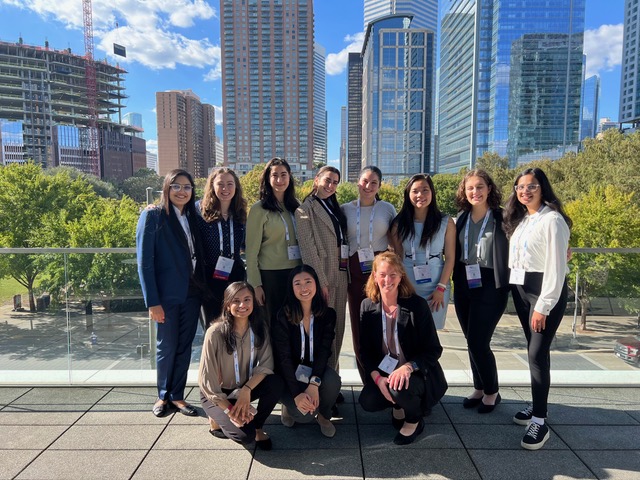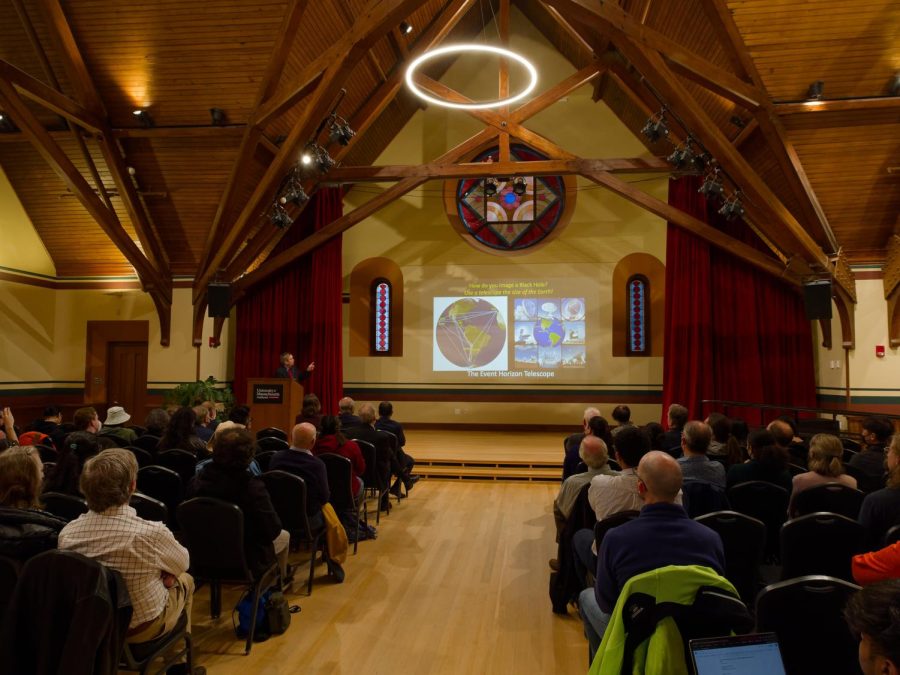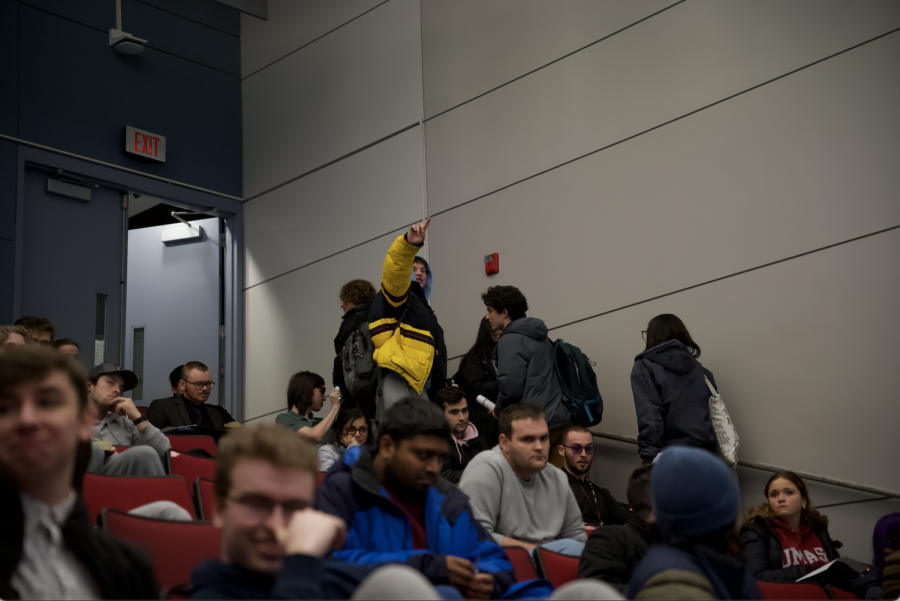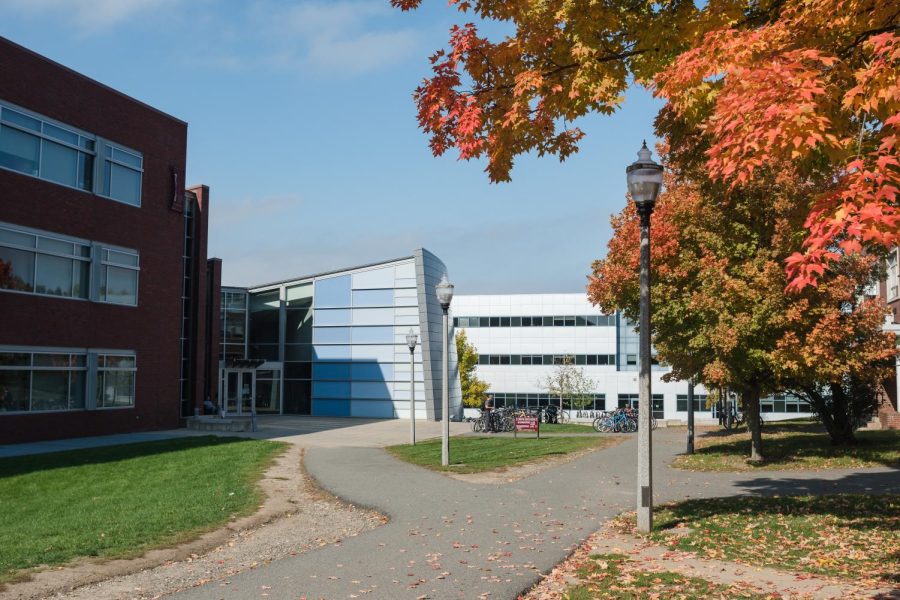The ecology of life involves both nature and humans in an interconnected path, a path that is often dominated by humans. To reconnect the intricate transportation routes of wildlife that are critical to their health and survival three University of Massachusetts researchers have created a project called Critical Linkages.
Using digital maps, aerial photography, and first hand observation, the program is working to improve water, underground, and above ground transportation routes for wildlife. The program is a part of the Department of Environmental Conservation at UMass. It was created a year ago to help preserve and restore high ecological integrity across Massachusetts.
The project, directed under the authority of extension specialist Scott Jackson, Professor Kevin McGarigal and research fellow Brad Compton, all part of the Environmental Conservation Department, aims to collect research-based information for state and environmental agencies. Agencies benefitting from the project include the Massachusetts Department of Transportation (MDOT), the Nature Conservancy of Massachusetts, the Berkshire Environmental Action Team (BEAT), and the Department of Fish and Game.
“We use computers to evaluate the best way to connect habitats and ecology,” said Jackson, when describing the Critical Linkages program and its reliance on prior research known as the Conservation Assessment and Prioritization System (CAPS), a software program written by Compton in 1998.
“It is a community-based approach,” said Jackson. Jackson explained that the scientists simply do not look at one affected area, but look at regions of affected areas, and then evaluate and address what natural wildlife movement paths are most critical to preserve and restore.
“We take a course filtered approach – we answer what are the larger questions to address over long time periods,” said Jackson.
One question Jackson said the program evaluates is, “How is the landscape going to change over 200 years with climate change in mind?”
The UMass Landscape Ecology Laboratory website describes that, “CAPS computes an Index of Ecological Integrity (IEI) which depicts the relative wildlife habitat and biodiversity value of any point on the landscape based on landscape ecology principles and expert opinion.”
The three scientists are not the only ones working on the project. There is participation on the statewide level between graduate students and undergraduate students at several UMass campuses.
The program identifies current issues and also prospective or otherwise anticipated issues for agencies responsible for preserving and restoring the environment.
“It’s always hard to say if the changes we see are related to climate change or just variability in the seasons. We are starting to see fall later and spring earlier and major changes in storm patterns. The storms are much stronger,” said Jackson.
“We don’t know what it’s going to look like, so it’s hard to see what exactly will protect the species in Massachusetts,” he added.
Critical linkages addresses various ways in which the climate could change and how the wildlife and habitat balance could change. The program addresses and presents options for dealing with the unknown future of weather, climate and wildlife species changes.
The project’s funds were $150,000 from the Federal Highway Administration and $120,000 from the Massachusetts Nature Conservancy.
There are two phases to the project. The first phase is focused on the end of the year in December. It will produce identification of culverts to connect aquatic ecosystems, evaluations of road segments statewide and dams. The second phase is to continue addressing ecological integrity on a local level and a broader level.
Jackson addressed how the program goes about evaluating and prioritizing projects for preservation and restoration. He said that sometimes, it is as simple as asking, “What are the most important issues? Is connectivity three times as important as keeping road traffic in mind?”
“The program lends itself to scenario analysis. We have the baseline assessment and the ability to answer the ‘what if’ questions. We rely heavily on what was researched with CAPS based on literature,” said Jackson.
Two principle uses in identifying areas for priority to protect existing ecological values are where the greatest restoration opportunities and where ecological integrity can be improved the most.
“In general, wherever we have urban growth, CAPS and Critical Linkages is designed to help in the planning process,” said McGarigal, a professor in the Department of Environmental Conservation.
There are five systems to focus on in Massachusetts; forested, non-forested, upland wetlands, aquatic and coastal landscapes, said Jackson.
The current goals for the Critical Linkages program are expected to be reached by December. After that, the project will expand to other states.
“It will be necessary to update this [the project],” said Jackson.
“Most of our work has been in Massachusetts, but with an eye addressing how we could apply the program to other states,” said McGarigal.
“The final result of the projected goals will be to ultimately identify the critical linkages. That is the end point we want to get to,” said Jackson.
Chelsea Whitton can be reached at [email protected].






